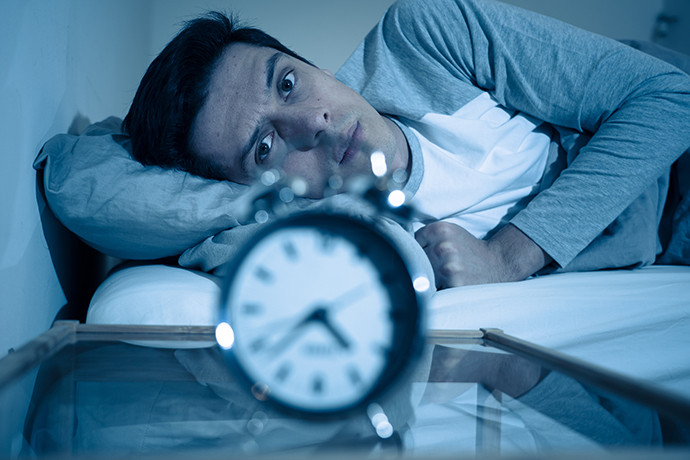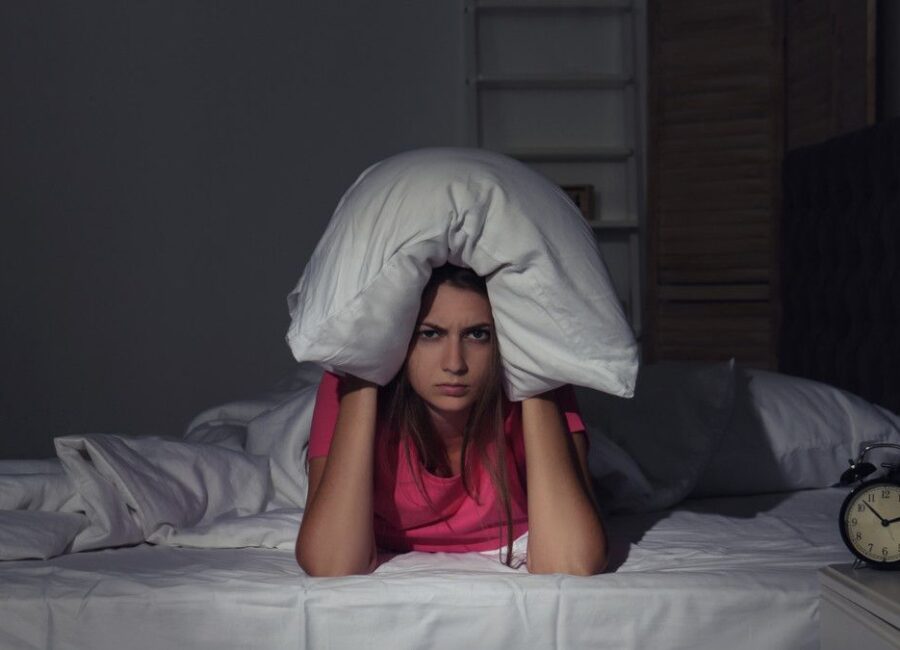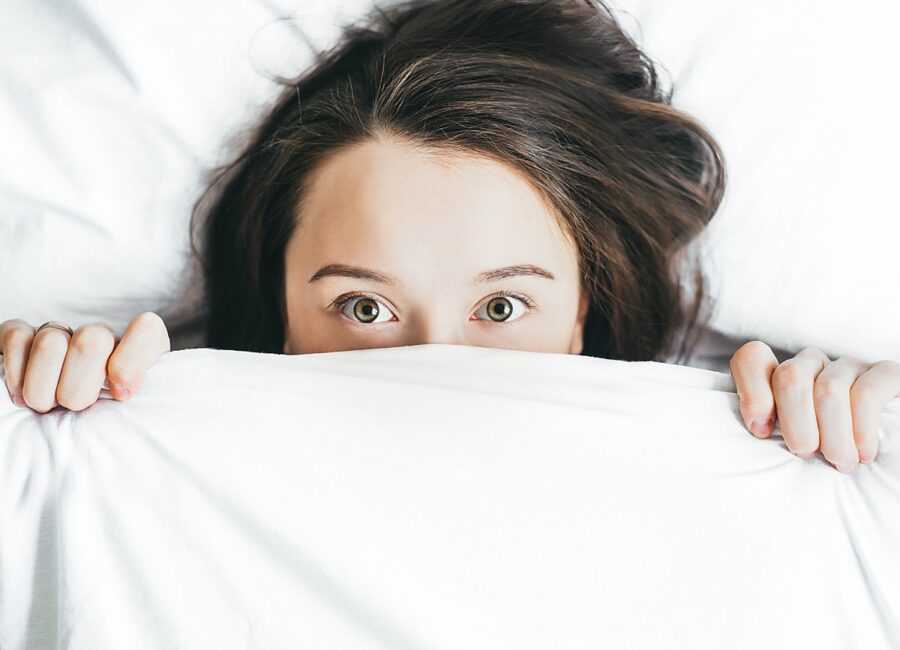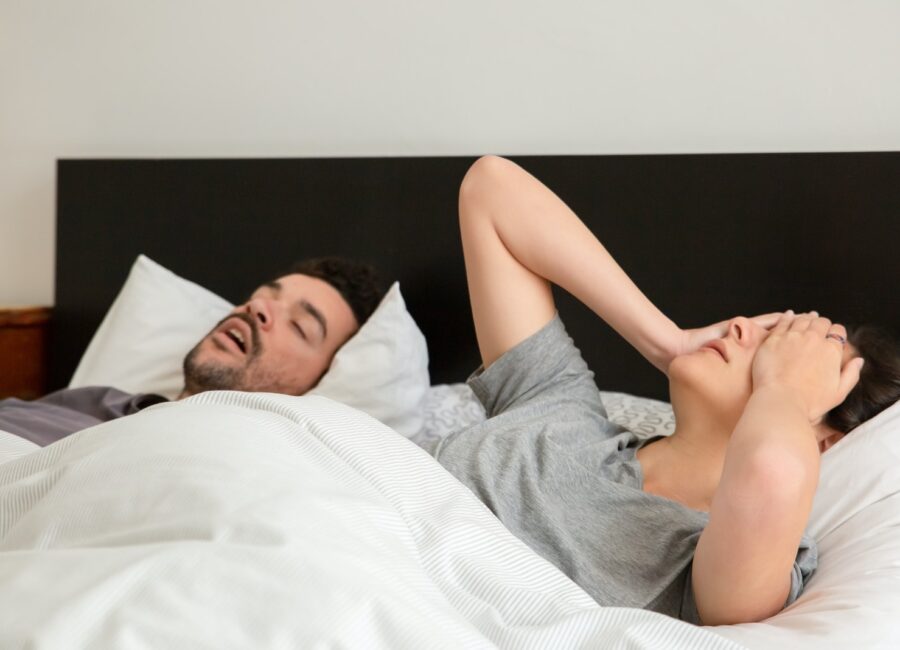Difficulty sleeping at night is often awakened from sleep, prolonged restlessness, until finally feeling lethargic in the morning. At least, this is what many believe insomnia means. So is this what insomnia is all about?

It could be that the above questions also cross your mind and people who also have trouble sleeping at night. You can’t close your eyes when other people take advantage of the night to rest.
Relax; you are not alone. Every year in America, there are 40 million people who have trouble sleeping at night and end up with insomnia. That is the most common sleep problem that occurs.
Difficulty sleeping at night, does it always mean insomnia?

It isn’t easy to distinguish between the two. But you can identify it by recognizing further what insomnia is.
Insomnia is a condition when a person finds it difficult to sleep or takes a very long time to try to sleep. Activities can cause this before bedtime, mental disorders, or due to certain diseases.
In general, insomnia can occur for two reasons.
First acute insomnia can last only one night or weeks. Usually, this is related to an event that causes acute stress, such as the death of a loved one.
The second is chronic insomnia. This more serious sleep problem occurs when you experience sleep disturbances for at least three nights each week and last for three months.
Symptoms of insomnia

The following is also a way to distinguish insomnia from a regular night’s sleeplessness because there are symptoms such as:
Difficult to fall asleep
- Waking up at night and having trouble getting back to sleep
- Fatigue and no energy
- Unable to perform cognitive functions such as remembering and concentrating
- Mood problems
- Not optimal at work or school
- Triggers insomnia
Furthermore, the trigger can distinguish insomnia from a regular night’s sleeplessness other than its frequency. Several triggers can be the basis for identifying insomnia, including:
- Depression
- Excessive anxiety
- Works late at night
- Naps too long during the day
- Consumption of alcohol, caffeine or nicotine
- Medical problems (sinus, GERD, asthma, Parkinson’s, low back pain)
In addition, insomnia can also be a symptom of more complex sleep problems. For example, restless legs syndrome, when a person feels uncomfortable moving their legs and worsens at night. As a result, it isn’t easy to be able to rest in peace.
In addition, insomnia can also be an alarm for sleep apnea, which is when a person’s respiratory tract seems to be closed during sleep.
Distinguishing difficulty sleeping at night and insomnia

If the symptoms you feel are still ambiguous between difficulty sleeping at night and insomnia, try to investigate further some of the following conditions:
1. The atmosphere is not conducive to sleep
Not always people having trouble sleeping at night means insomnia. Sometimes they have trouble sleeping because the atmosphere is not conducive. For example, there are still lights, a hot room, to see a cellphone or television before bed.
2. Rule of 3
It takes more than 30 minutes to fall asleep; a person wakes up more than 3 times a night, lasts more than 3 times per week, and for 3 weeks in a row, it is insomnia.
If insomnia lasts only for a moment, then there is nothing to worry about. Just know the cause and work on changing it.
However, if what happens is difficulty sleeping at night for a longer time, immediately consult an expert.
Causes of difficulty sleeping at night other than insomnia
In addition to insomnia, there are still many causes of not being able to sleep at night that you must also watch out for, for example:
1. Restless legs syndrome (RLS)
Restless legs syndrome (RLS) is a disease that can cause sufferers to feel uncomfortable sensations in their legs at night. Usually, people with RLS will have trouble sleeping at night when symptoms strike.
2. Rarely exercise
Those who rarely exercise will usually find it difficult to sleep at night. Therefore, try to exercise so that the body is more fit and the quality of sleep increases.
3. Depression
Depression is a mental disorder that can interfere with the sleep quality of the sufferer. Some antidepressant medications can also cause insomnia.
4. Stress
When stress haunts the mind, don’t be surprised if the eyes have trouble falling asleep. Try to do various calming activities to prevent stress, such as yoga, meditation, reading books, to talking to family members.
If you suffer from various medical conditions that make it difficult to sleep at night, immediately consult a doctor. That way, the quality and pattern of your sleep can improve.




